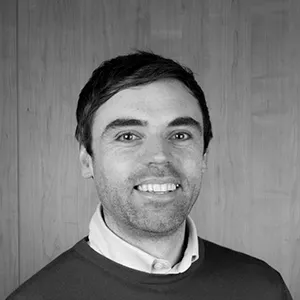Changing drivers: Knowing, imagining and shaping autonomous car users
Overview
Advances in vehicle connectivity and autonomy have increased speculation around the future of the car. Dominated by techno-economic views, these debates currently tend to overemphasise the scale, speed and benefits of a shift to connected and autonomous vehicles (CAVs). 'Non-technical' factors (e.g., costs, regulatory frameworks, public acceptance) are typically seen as presenting the main barriers to deployment. Such accounts fail to recognise how cultural, institutional and everyday practices will shape CAV developments.
Focusing on the interactions between car manufacturers and users, this project will examine how: 1) manufacturers seek to know, imagine and shape users; and 2) users interpret and adapt to connected and automated features (CAFs). This will advance existing empirical and theoretical approaches to automobility that have not extensively explored how these actors' interactions shape car-related practices, identities and imaginaries. Moving beyond dominant techno-economic, deterministic and linear understandings of change, my project will critically inform emerging debates on CAVs.
Outputs
The main output of the project will be a research monograph and papers submitted to leading journals both within geography and beyond (e.g., Mobilities, Organizational Studies, Transactions of the Institute of British Geographers, Social and Cultural Geography).
Alongside these academic outputs, two workshops will be run at the start and end of the project with participants from academia, industry, NGOs (Non-Government Organisations) and government. The first will be a scoping workshop and the second a dissemination workshop.
A number of jargon-free policy briefs will also be produced for national and international policy-makers and NGOs. These briefs will summarize key findings and their policy implications and will be developed on the basis of the outcomes of the research and developments in wider public debates on CAVs.
Further Information
For more information on this research project please contact Dr Brendan Doody.
Media
In brief
Duration
2019 - 2022
Funder
Principal Investigator
Contact


